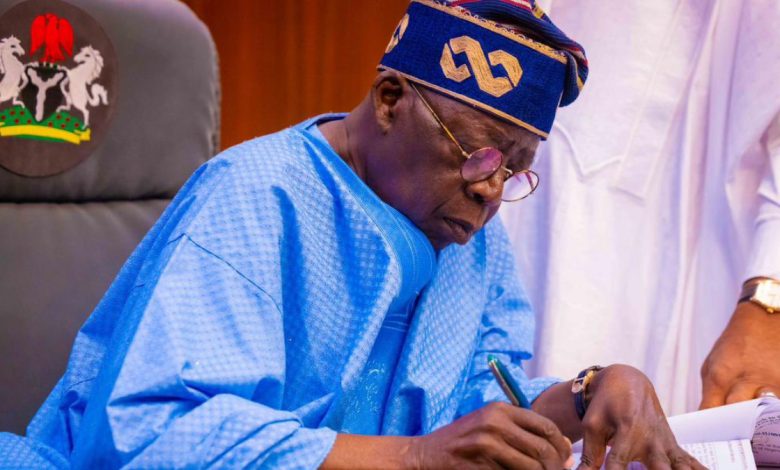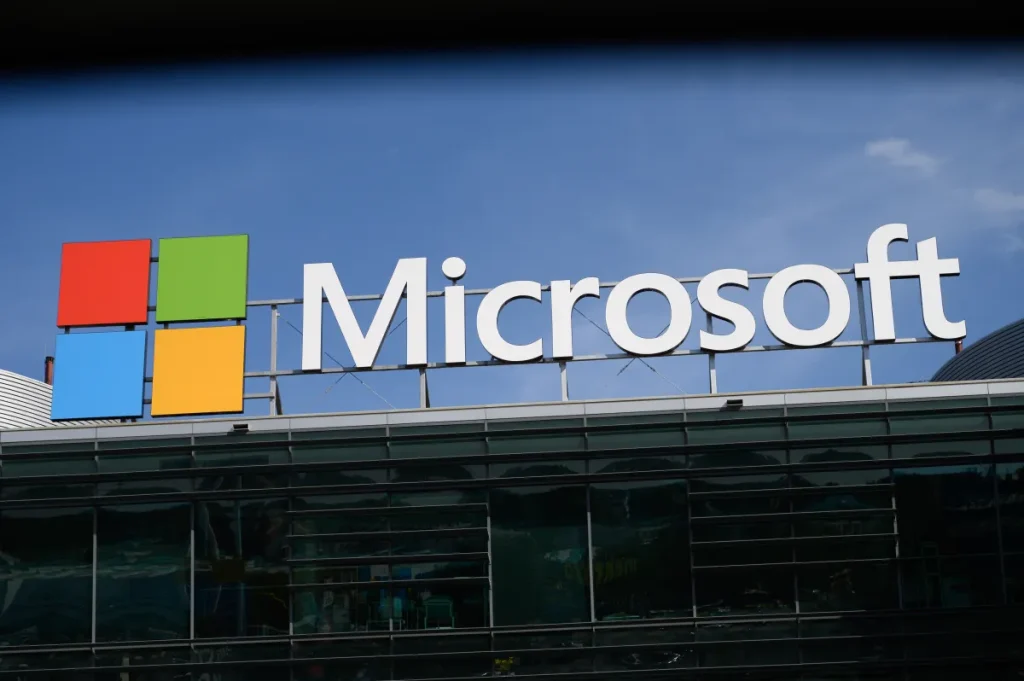5%Tax on Telecom services – FG

In a sweeping overhaul of Nigeria’s tax framework, the Federal Government has proposed a five per cent excise duty on telecommunications services, gaming, and betting activities, in a bid to boost non-oil revenue and shore up the nation’s fiscal health.
The comprehensive bill, entitled “A Bill for an Act to Repeal Certain Acts on Taxation and Consolidate the Legal Frameworks relating to Taxation,” sets out to revolutionize the country’s taxation landscape by introducing innovative levies on the fast-growing telecoms and gaming sectors, seeking to tap into the potential of these flourishing industries for increased revenue streams.
In a bold move to broaden the revenue base, the government has zeroed in on the lucrative telecoms sector, proposing a five per cent excise duty on postpaid and prepaid services regulated by the Nigerian Communications Commission.
This proposed levy, coupled with the introduction of excise duties on gaming, gambling, betting, and lottery services, reflects the government’s determination to diversify its revenue sources and capitalize on the thriving entertainment and telecommunications industries that have taken the nation by storm.
The proposed excise duty on currency transactions, based on the difference between the prevailing CBN exchange rate and the actual transaction rate, signifies a deliberate effort to curb currency arbitrage and align exchange rates with official benchmarks, a move that could provide much-needed support for the stability and competitiveness of the Nigerian currency.
As the nation grapples with fiscal challenges and a growing appetite for telecommunications and gaming services, the proposed bill presents a timely opportunity to leverage these burgeoning industries for the common good, creating a more sustainable and equitable taxation system that prioritizes long-term economic growth and fiscal stability.
The proposed legislation, crafted as a broad-based restructuring of Nigeria’s taxation framework, stands as a pivotal juncture in the nation’s fiscal journey, a crossroads where innovative policymaking, strategic revenue generation, and fiscal discipline converge in the pursuit of a brighter economic future.
The new tax regime, if implemented, would be a testament to the government’s commitment to fiscal responsibility, innovation, and the inclusion of emerging industries in the revenue equation, underscoring the urgent need for a balanced, sustainable approach to taxation that strikes a harmonious chord between revenue generation and economic growth.
As Nigeria charts a path towards a more diversified, inclusive, and prosperous future, the proposed tax reforms represent a critical step in the evolution of the nation’s taxation landscape, poised to harness the vast potential of its burgeoning industries and capitalize on the trends that are shaping the modern economy.
The bill’s introduction serves as a potent reminder of the interplay between economic development, fiscal policy, and social progress, a delicate balancing act that requires the dexterity of political leadership, the creativity of policymakers, and the engagement of stakeholders across the socioeconomic spectrum.
The proposed legislation, forged in the crucible of Nigeria’s fiscal imperatives and economic aspirations, stands as a testament to the power of innovative thinking and bold decision-making in the face of fiscal challenges.
As the nation embarks on this transformative journey, the proposed excise duties on telecommunications, gaming, and currency transactions serve as beacons of hope, illuminating a path forward that is grounded in fiscal responsibility, revenue diversification, and a shared vision for a more equitable, sustainable future.
The proposed legislation, a potential game-changer in Nigeria’s quest for fiscal solvency, heralds a new chapter in the country’s economic evolution, a tale of transformation and renewal that promises to reshape the taxation landscape and pave the way for a more robust, diversified revenue base.
As the narrative unfolds, the proposed tax reforms, guided by the principles of fiscal fairness and innovative thinking, offer a bold vision for the future of Nigeria’s taxation system, a journey of renewal and reinvention that seeks to harness the power of emerging industries, foster economic growth, and secure a more sustainable, equitable future for the nation.
The proposed legislation, a bold statement of purpose in Nigeria’s fiscal awakening, represents a turning point in the country’s journey towards fiscal sovereignty, a pivotal moment where political will, economic innovation, and fiscal responsibility converge to pave the way for a brighter, more prosperous future.
The path ahead may be challenging, but with the determination of policymakers, the ingenuity of the private sector, and the resilience of the Nigerian people, the nation stands ready to embrace a new era of fiscal sustainability, economic growth, and social progress.
Referenece and Citations:
- Thisdaylive – FG mulls 5% tax on Telecom services, others
- PUNCH – FG plans 5% tax on Telecom services, others
- Tribune – FG tax exemption on cooking gas, CNG and diesel






